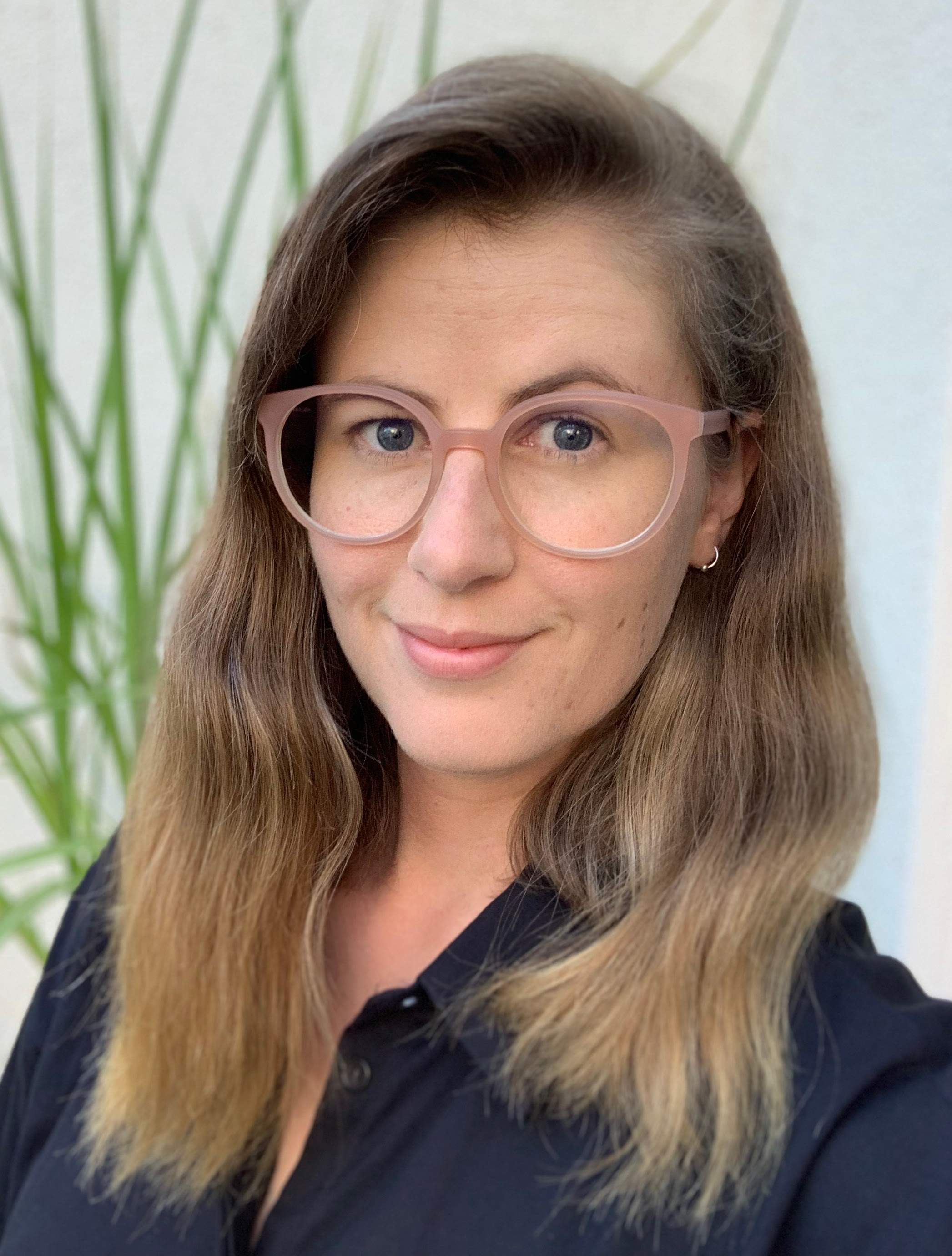Dr. Katharina Ernst
Dr. Katharina Ernst is a young investigator working at the Institute of Pharmacology and Toxicology with Prof. Holger Barth on bacterial protein toxins. Her research focuses on the pathophysiological mechanisms of Bordetella pertussis toxins in the human airway epithelium for developing novel pharmacological strategies against toxin-mediated diseases.
Whooping cough is a severe childhood disease caused by infection of the airways by the bacterium Bordetella pertussis and its secreted toxins. Despite available vaccination, the world health organization reported ~16 Mio cases and 195,000 death due to whooping cough in 2008. Characteristic symptoms include severe coughing that usually lasts for several weeks and can lead to secondary complications like vomiting, pneumothorax, rib fractures and apnea, which can be life threatening especially in newborns and infants. Since it is not well understood how pertussis toxins cause severe symptoms, Katharina will characterize the effects and underlying mechanisms of these toxins in a human primary airway epithelium model at air liquid interface conditions. Katharina is a PI in the DFG research training group PULMOSENS and within this project, novel electrochemical microbiosensors will be developed in collaboration with Prof. Christine Kranz (Institute of Analytical and Bioanalytical Chemistry) to analyze effects of pertussis toxins in the human airway epithelium.
Currently, there are no therapeutic options available to treat patients suffering from severe whooping cough symptoms. That is why Katharina’s research also focuses on developing novel pharmacological strategies against toxin-mediated diseases. Therefore, two strategies are pursued: (i) small molecule inhibitors of protein folding helper enzymes that are required for the mode of action of pertussis toxin and (ii) screening of human peptide libraries within the CRC 1279 to identify inhibitory peptides against pertussis toxins. Her further project with a focus in trauma research is associated with the CRC 1149.

